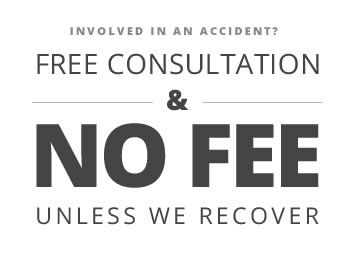Medical malpractice claims are similar to other personal injury matters in terms of the types of monetary damages you can recover. However, there are many other differences that make medical malpractice a technical area of law. The filing process is more in-depth, as Maryland law requires you to submit aCertificate of Merit within 90 after initiating a lawsuit. Even the theory of liability is more complicated, since professional – not regular – negligence applies. You should consult with a Baltimore Count, MD medical malpractice attorney regarding the specifics, but an overview of the different forms of negligence may be helpful.
General Rules Regarding Negligence
Most personal injury cases are based upon the legal theory of negligence, which focuses on a reasonableness standard. Everyone has a duty to exercise reasonable care toward others and to conduct themselves as a reasonable person would under the circumstances.
For example, motorists have a duty to drive safely and property owners have an obligation to properly maintain their premises in accordance with what is reasonable given the situation. If a person fails to exercise reasonable care and this breach leads to an injury-causing accident, you can seek compensation for your losses.
Professional Negligence in a Medical Malpractice Claim
Though the term negligence is often used in connection with medical malpractice cases, the concept is slightly different. Health care providers are held to a higher standard than an average person, and failure to uphold that standard is professional negligence. To recover compensation, you must prove:
- The existence of a medically accepted level of care that other reasonably prudent health care professionals would apply when providing treatment;
- Your doctor deviated from this standard by delivering care that is inconsistent with what other prudent physicians would provide;
- Your doctor’s breach of the standard of care caused injuries to you, and such harm would not have occurred but for the breach; and,
- You suffered harm as a result.
From these elements, you can see that it is not enough that you were dissatisfied with the outcome of the medical care your provider delivered. The professional negligence must be the direct cause of your injuries.
Negligent Acts by Medical Professionals
Regular negligence may enter the picture in the context of health care, but the claim would not be one based upon medical malpractice. For instance, if you slipped and fell while at your doctor’s office, you must prove breach of the reasonableness standard. The same is true if your physician carelessly spilled coffee and caused burn injuries. These accidents could be the result of anyone’s negligent acts, not just a medical professional.
Consult with a Baltimore County, MD Medical Malpractice Attorney
Though this description of professional negligence may be helpful, medical malpractice cases are much more complicated in a real-life scenario. The process of filing a case is subject to specific rules, and the legal issues are highly complex. Do not put your rights at risk by attempting to represent yourself. To learn more about your rights in a Maryland medical malpractice case, please contact attorney Michael A. Freedman. We can schedule a free consultation to review your circumstances.



